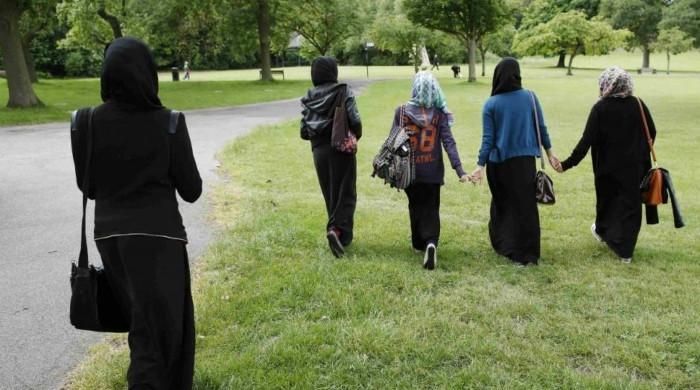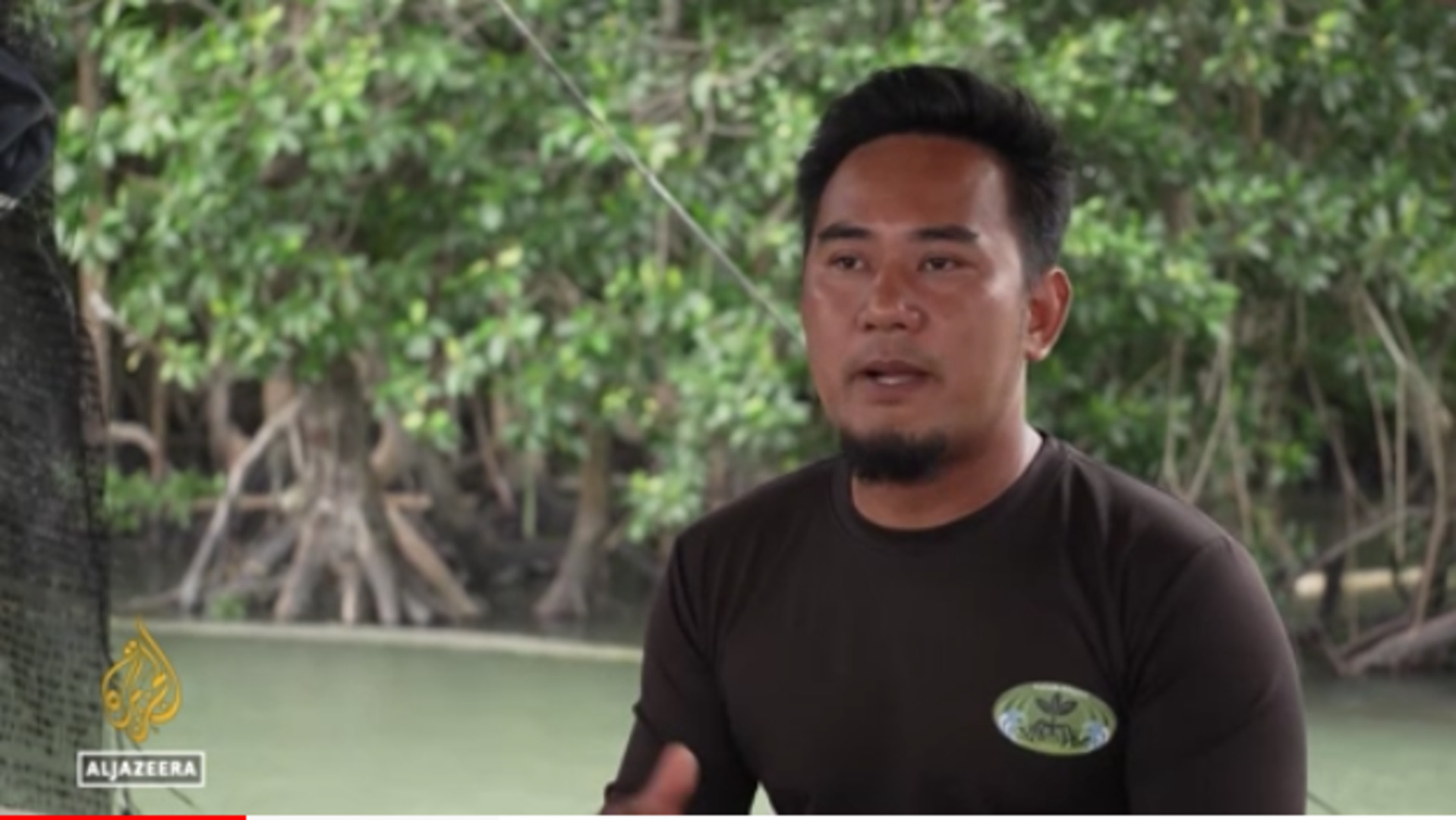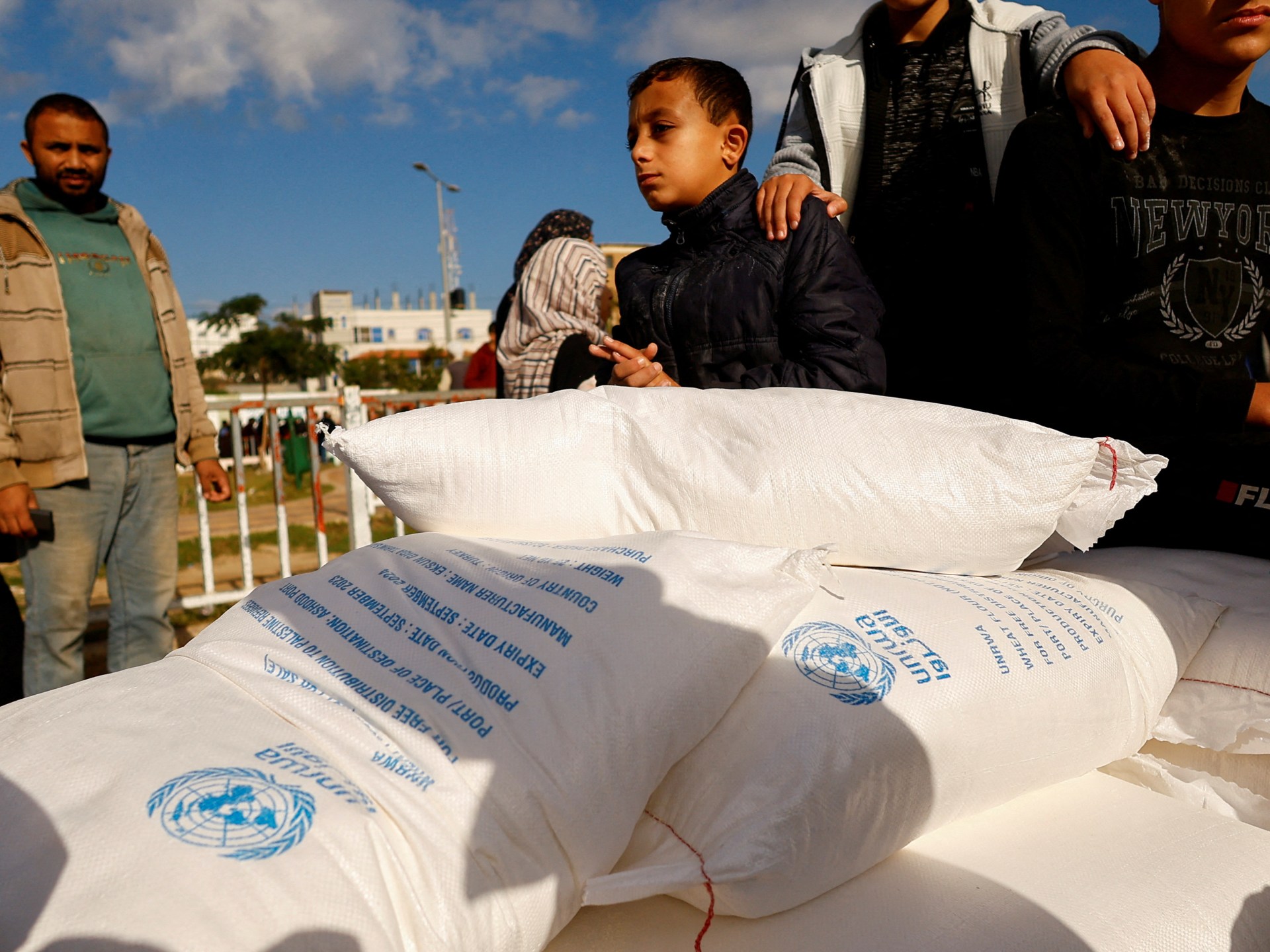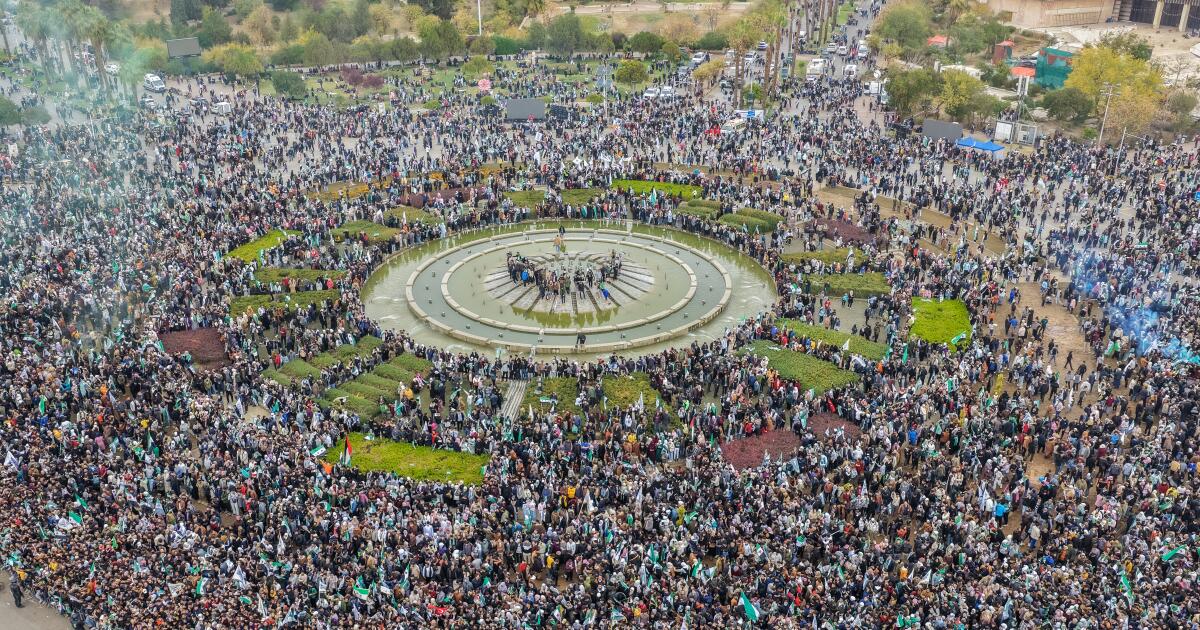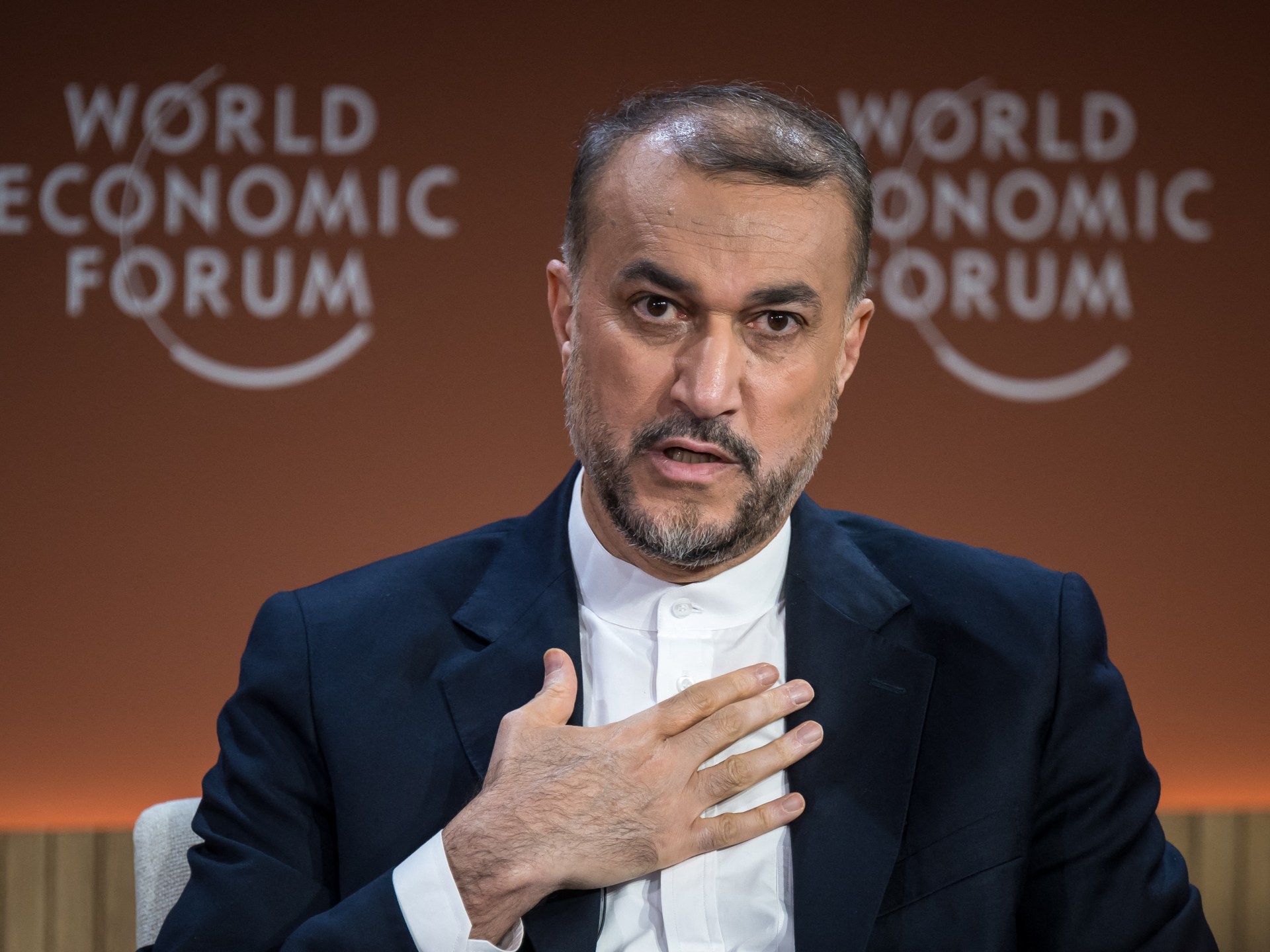- 71% of British Muslims believe the UK media portrays them negatively.
- Researchers say this knowledge is crucial to fostering cultural awareness.
- 39% of Muslims in the UK describe themselves as Pakistani.
LONDON: Most British Muslims agree that their faith is tied to their cultural heritage, research by the Institute for the Impact of Faith on Life (IIFL) shows.
The nationally representative survey, conducted by Whitestone Insight, suggests that 60% of British Muslims agree with the statement “my faith is tied to my cultural heritage”, rising to 68% among exclusivist Muslims – those who say Islam is the only true faith.
Further research by the IIFL revealed that British Muslims come from a wide range of cultural and ethnic backgrounds: 39% of Muslims in the UK describe themselves as Pakistani, 14% as Bangladeshi, 10% as Black African, 9% as Arab and 9% as Indian.
The poll also found that, of all religious groups, British Muslims were the most likely to agree with the statement “my faith will determine how I vote in the general election”, with 51% agreeing, compared with just 20% of Christians and 31% of Hindus.
Further research revealed that British Muslims are concerned about the negative portrayal of Muslims in the media, with many interviewees expressing concern that the portrayal is “unflattering caricatures of Muslims in the media, which may contribute to fuelling existing forms of anti-Muslim hatred and prejudice”.
The survey found that British Muslims are concerned that the media portrays some religions in a more negative light than others. It suggested that 71% of British Muslims agree with the statement that “the media seems to have portrayed some religions in a more negative light than others in the last four weeks.”
Commenting on the results, Rania Mohiuddin-Agir, a Muslim woman of mixed heritage living in Britain and a research associate at IIFL, said: “In an age of globalisation, interconnectedness and mobility, the facets of our identity that ground us seem to be intrinsically linked. Considering the impact that faith has on the everyday lives of British Muslims, this statistic highlights two very important points.
“First, it shows a certain vulnerability in the way something as deeply personal as faith can be exposed to outside influences in the form of cultural heritage, community identity and possibly even societal pressures.
“Secondly, it highlights the diversity of opinions among British Muslims and the impossibility of identifying a single communal group of “British Muslims”. A multicultural Muslim society brings with it different conceptions of Islam and Islamic practices. So much so that across the UK, Muslims tend to celebrate Eid on different days depending on which Muslim country they align their calendar with.”
He said such knowledge was crucial to fostering cultural awareness and promoting inclusive dialogue.
Mohiuddin-Agir added: “There is no doubt about the impact that media coverage has on perceptions. It is worrying that a considerable majority of Muslims view the media as containing this kind of bias, as this could portend a growing distrust of the media. This fosters the breeding ground for a new reliance on “new age” media, influencers and, sadly, especially in the case of certain cultural communities, word of mouth and “WhatsApp” reporting – none of which are subject to the rules, regulations and ethical commitments of mainstream media.
“Longer-term research will reveal whether this is an incidental phenomenon or whether the British Muslim community has become aware of the way the media portrays people and will continue to engage critically with them until their rhetoric is more inclusive and balanced. Nevertheless, this is an important warning that the media should heed.”

